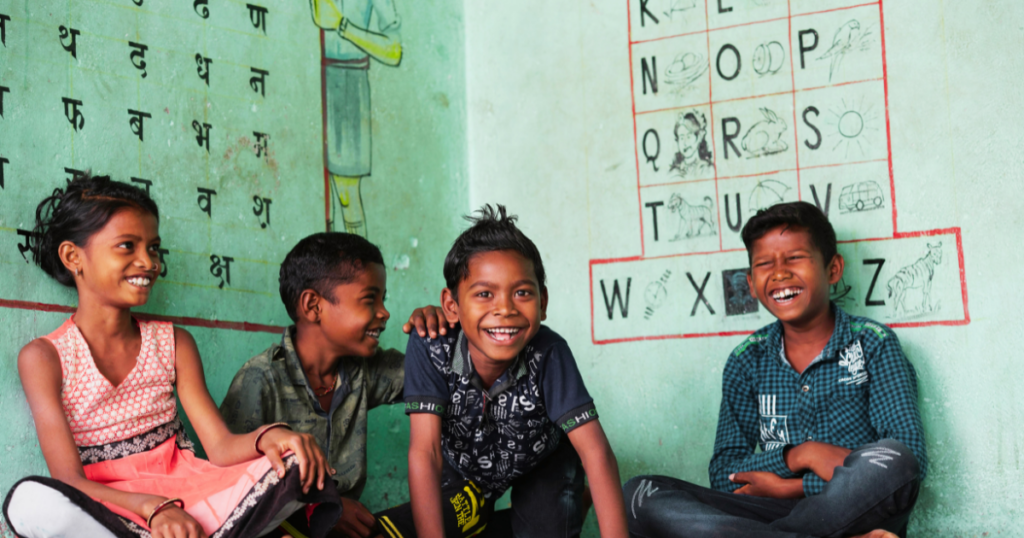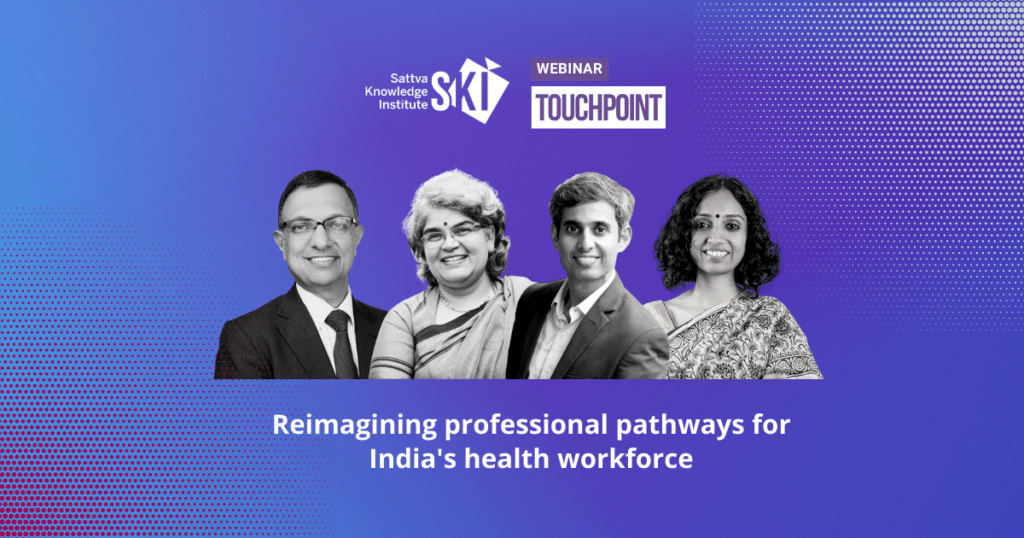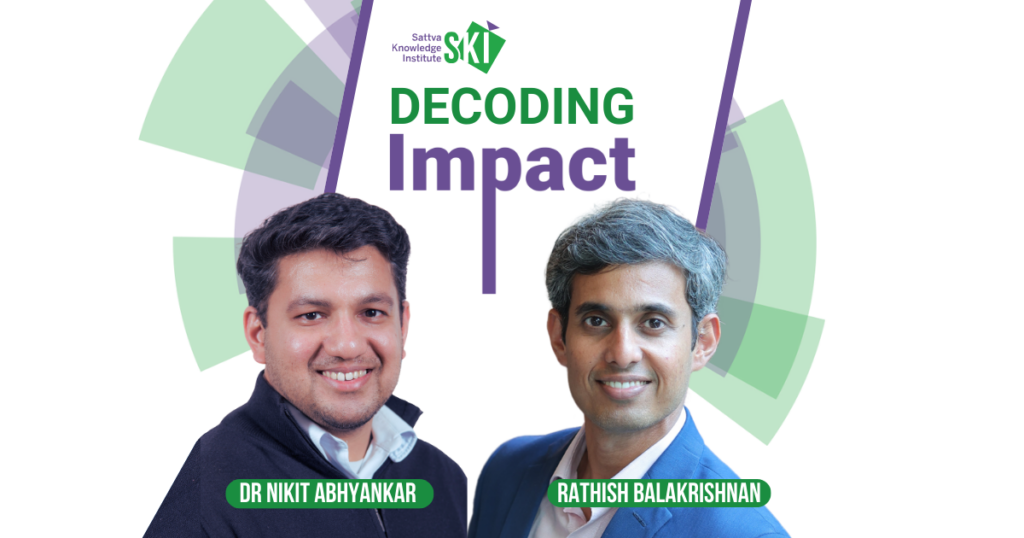Women’s agency is a function of factors such as their level of literacy and education, employment status, ownership of assets such as land, and inclusion in the formal banking system. This is supplemented by their access to information through media such as phones.
It can be hypothesised that women thus equipped would also be in a position to access better healthcare for themselves and their families.
This perspective juxtaposes indicators of women’s agency with data on child and maternal health outcomes, as obtained from the fifth National Family Health Survey (NFHS 2019-20) and other sources. Maternal and child health outcomes are measured by indicators such as access to antenatal and postnatal care, vaccination status of children, iron and folic acid consumption, and breastfeeding.
Correlating eight indicators of women’s agency with ten indicators of child and maternal health indicates that the relationship between the two is not always consistent. Factors such as bank account ownership, mobile phone usage are strongly correlated with greater awareness about birth control measures, and a tendency to seek institutional antenatal and postnatal care. This could be attributed to access to information and the success of financial support mechanisms as provided by government schemes like the Pradhan Mantri Matru Vandana Yojana. However, literacy, education and employment do not necessarily translate to women’s ability to ensure adequate and balanced nutrition for their children, especially those aged under two years. A similarly weak correlation is seen in the case of land ownership and infant health outcomes. This suggests the influence of factors other than women’s agency, indicating that an elevated socio-economic and legal status also needs to be supplemented by an enabling environment and structural changes that enable women to ensure good health for themselves and their children.
Authors: Granthika Chatterjee and Kaavya Rajesh
Data Analysis: Veda Kulkarni, Sansiddha Pani and Manmath Agarwal
Technical Review: Lakshmi Sethuraman




